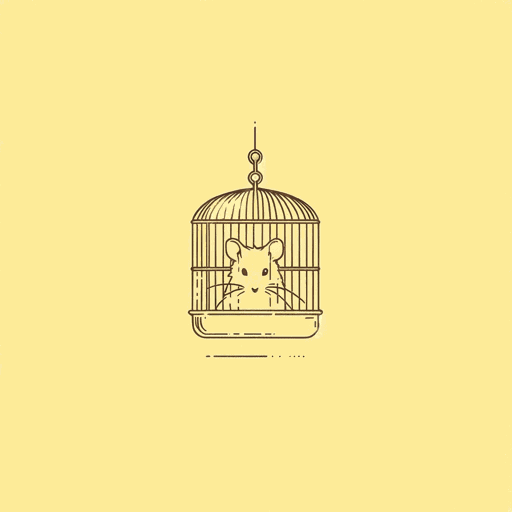76 pages • 2 hours read
Lisa JewellThe Family Upstairs
Fiction | Novel | Adult | Published in 2019A modern alternative to SparkNotes and CliffsNotes, SuperSummary offers high-quality Study Guides with detailed chapter summaries and analysis of major themes, characters, and more.
Summary
Prologue-Part 1, Chapter 5
Part 1, Chapters 6-10
Part 1, Chapters 11-15
Part 1, Chapters 16-20
Part 1, Chapters 21-25
Part 1, Chapters 26-30
Parts 1-2, Chapters 31-35
Part 2, Chapters 36-40
Part 2, Chapters 41-45
Parts 2-3, Chapters 46-50
Part 3, Chapters 51-55
Part 3, Chapters 56-60
Part 3, Chapters 61-65
Part 4, Chapters 66-69
Character Analysis
Themes
Symbols & Motifs
Important Quotes
Essay Topics
Themes
The Lasting Effects of Trauma
The four children living in the Chelsea house in the late 1980s and early 1990s—Henry, Lucy, Phin, and Clemency—endure immense trauma. Once David Thomsen becomes the self-appointed leader of the house, he implements harmful rules, such as forbidding the children to go outside, underfeeding them, and locking them in their bedrooms as punishment. This trauma affects the characters well into adulthood. As an adult, the truth of Lucy’s past “jangled at her nerves, squeezed at her stomach muscles, played drums on her heart, taunted her in her dreams, sickened her when she awoke, and kept her from sleeping when she closed her eyes at night” (222). This quote indicates the extent of Lucy’s trauma, and how it even affects her physical health as an adult.
Reflecting on his own trauma, Henry acknowledges that oftentimes people don’t realize the extent of their trauma while they are experiencing it. It’s easy to look back and say how things should have gone differently, but by the time Henry and the other children had been living under David’s watch for several years, they’d become accustomed to his mistreatment of them. As an adult, Henry reflects on the time David locked him in his bedroom as punishment.
Related Titles
By Lisa Jewell







